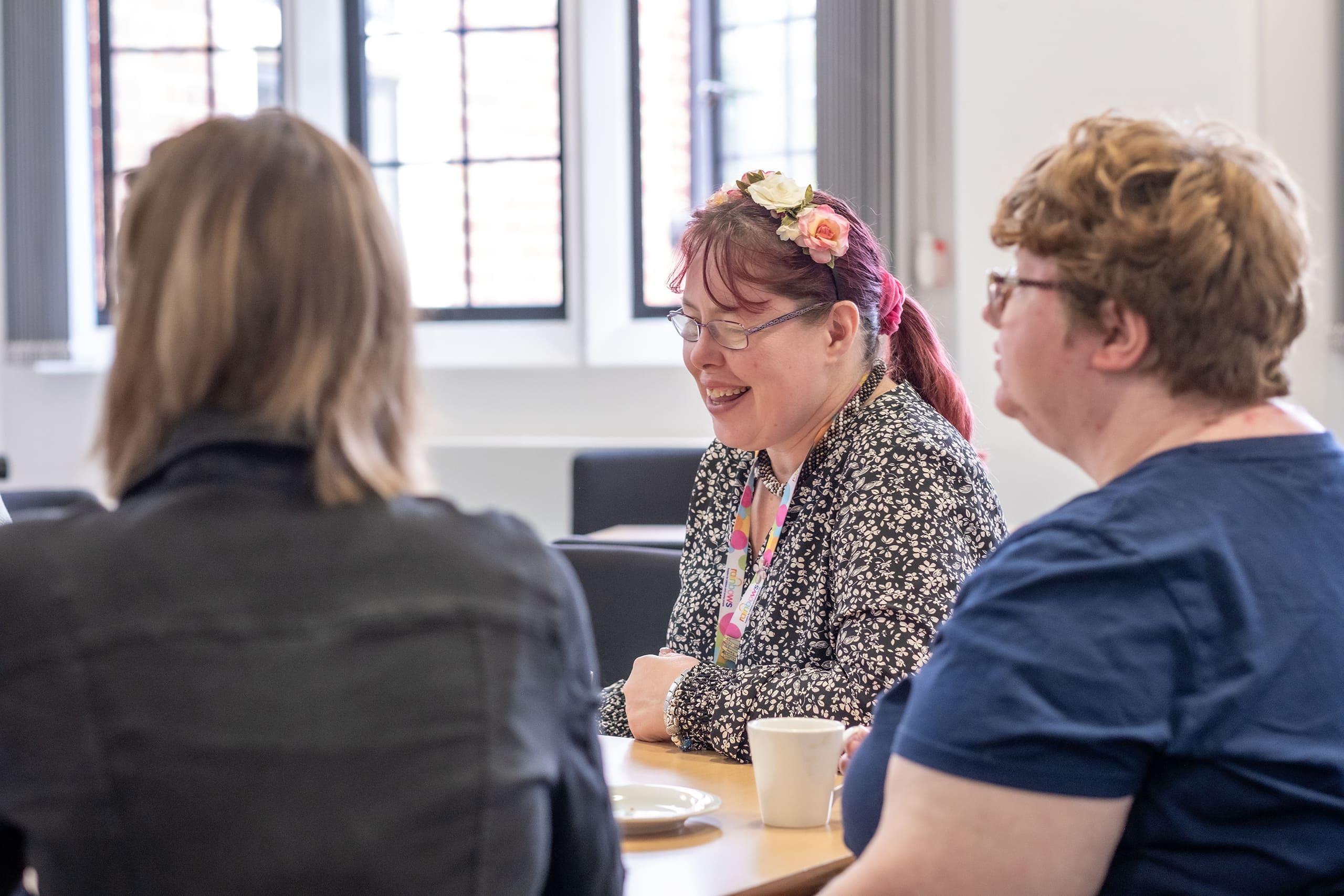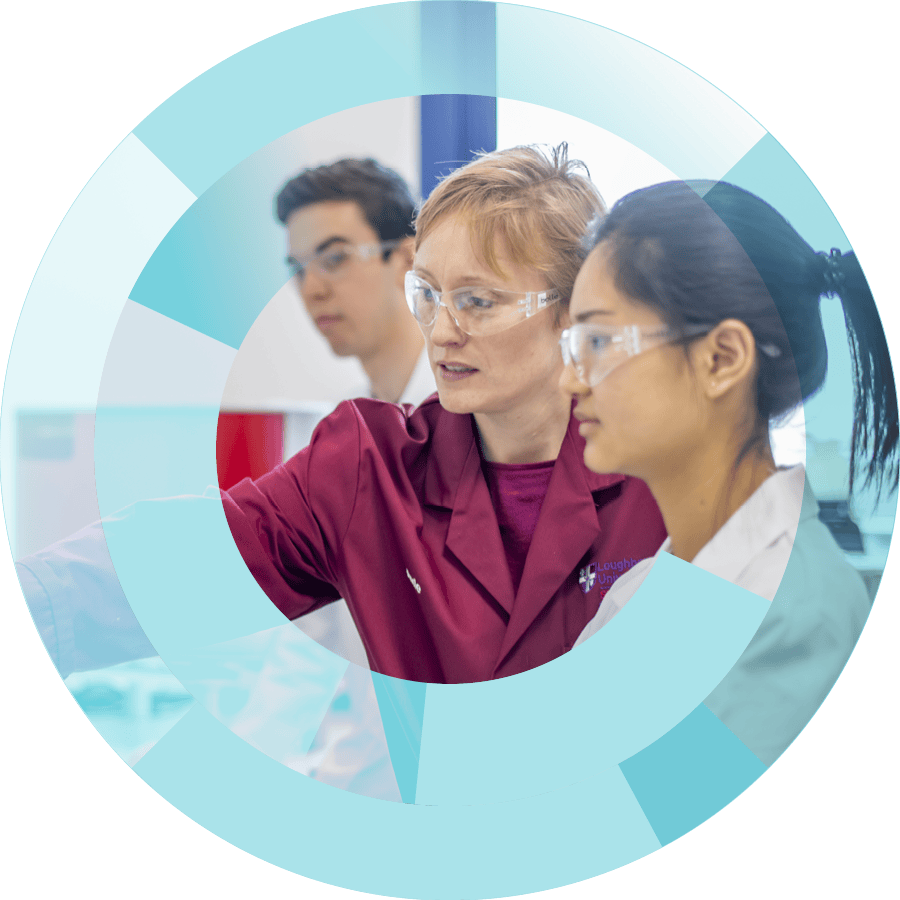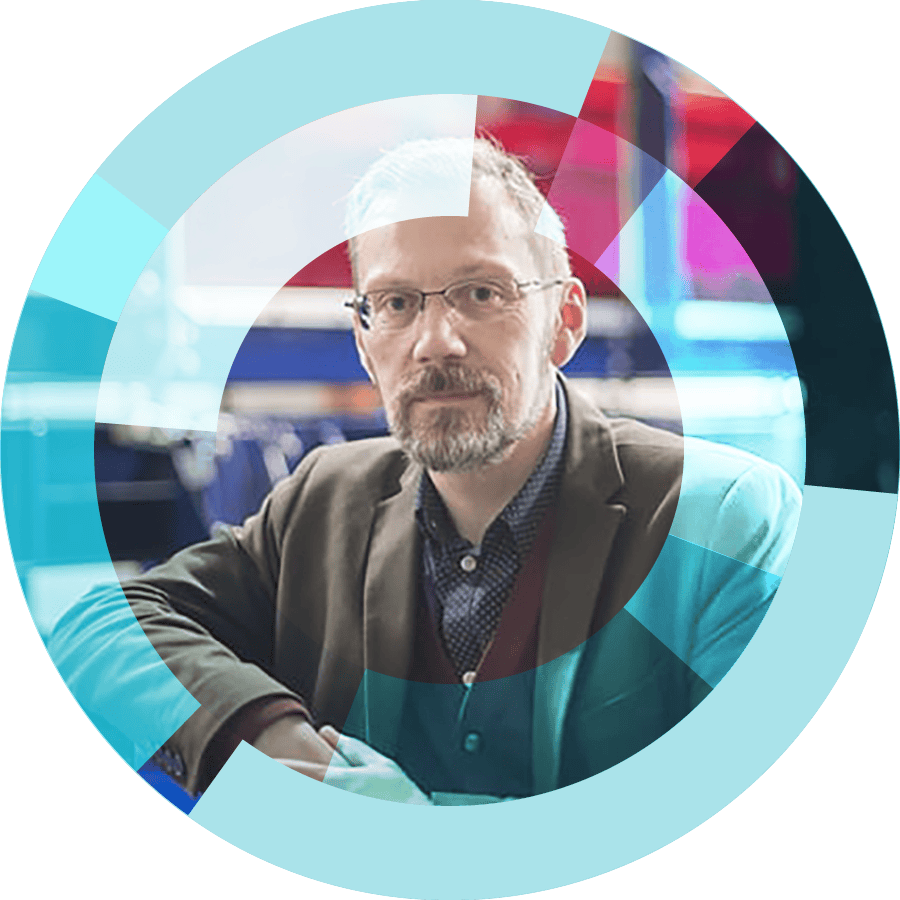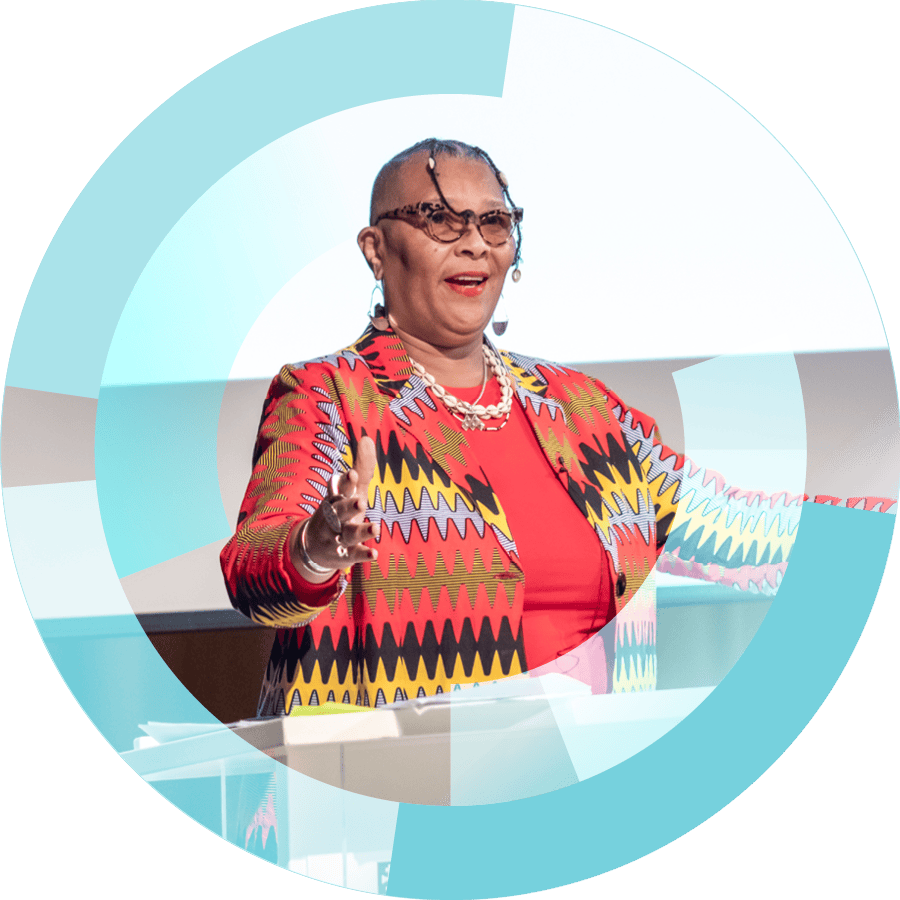CREATING INCLUSIVE COMMUNITIES.
Living, not just surviving.

In recent years, household incomes have not kept pace with the rising cost of living. Mortality among premature babies is a persistent and heartbreaking problem. And as populations rapidly age, palliative and end-of-life care becomes ever more important.
These are some of the most pressing challenges we face today. At Loughborough University, we’re taking the steps needed to define and improve living standards, for everyone.
DEFINING THE LIVING WAGE.
Loughborough University’s Centre for Research in Social Policy (CRSP) is leading the way in defining dignified living standards.
The Minimum Income Standard (MIS) research undertaken by CRSP informs the setting of the Real Living Wage, a process over seen by the Living Wage Commission. Decisions about what to include in MIS are made by the public, so the Real Living Wage is rooted in social consensus about what people need to not only survive but to thrive and feel included in society.
The UK Government's National Living Wage is not connected to these calculations.
“For the past 16 years MIS has set out a clear vision of what people in the UK think everyone needs to live with dignity. It observes and tracks the impact of social, economic, political and cultural change on our shared vision for higher living standards, and what it means to live with dignity”
Professor Abigail Davis
Co-Director of CRSP
MIS also provides a foundation for the development of ongoing research on Retirement Living Standards (RLS) – helping over
million UK savers across more than
pension schemes
to understand what they’ll need in retirement and how these compare to projected pensions income.

Our ongoing research on living standards is informing conversations on how to address poverty and improve financial security and peace of mind for everyone. While the current cost-of-living crisis is challenging, the Real Living Wage helps with future planning for retirement while our Minimum Income Standard research is helping to ensure that more people receive a decent wage that meets their needs.
“Our research sets out what people think is needed to retire at a moderate and comfortable living standard. This provides crucial tools to help people plan their retirement and think in concrete ways about what they need to save.”
Professor Matt Padley
Co-Director of CRSP
Meet the CRSP Team who is behind this world leading research.
SAVING PREMATURE BABIES.
Globally, 10% of all babies are born preterm and more than one million premature babies die every year.
Many premature babies, as well as others who need a bit of extra help at the start of life do not have access to life-saving incubators that could reduce this heartbreaking figure.
Loughborough University graduate James Roberts is saving the lives of babies across the world with the mOm Incubator.
He created mOm as his product design final year project. It is a cost-effective and compact alternative to conventional incubators, which has proved invaluable.
James comments:
“It is unacceptable that one million premature babies die each year, when most of these deaths can be easily prevented. An idea now has the potential to impact many lives globally.”

mOm is providing a life-saving solution in Ukraine where they are being used to keep babies warm in hospitals and underground bomb shelters transformed into makeshift neonatal wards.
More than 100 devices are now in the field across seven countries and have been used to support an estimated 12,500 infants to date.
mOm is also being used in the UK to offer a more flexible option for neonatal care, with its first clinical use in 2021. They are now used by several NHS Trusts, giving parents more time with their babies to promote bonding whilst also saving the NHS considerable funds, helping to ease pressure on the system.
James received the Princess Royal Silver Medal from the Royal Academy of Engineering in 2023, recognising his outstanding contribution to engineering and neonatal care both in the NHS and in humanitarian situations.
TALKING ABOUT END-OF-LIFE.
Conversations about death - particularly with a loved one - are difficult.
RealTalk, a set of evidence-based training resources, is helping to support healthcare professionals with difficult discussions surrounding end-of-life care.
"RealTalk is directly impacting the progression of tender conversations in advance care planning and end-of-life care.”
Sharan Harris-Christensen
Royal Derby Hospital and Treetops Hospice
The research underpinning RealTalk was started by Professor Ruth Parry and the VERDIS project team which Loughborough University’s Dr Marco Pino joined in 2013, each team member providing their expertise in Conversation Analysis to support the resource’s creation. The ongoing research and funding are producing a growing range of teaching materials to support the evolving needs of trainers, and the health and social care staff and students they work with.
The RealTalk resources support health and social care practitioners to facilitate difficult discussions about end-of-life care plans with patients and their loved ones.
The resources are freely available via the RealTalk website – to professional trainers who provide staff communication training in the NHS, higher education institutions, independent hospices, and other third sector organisations.

REDUCING HEALTH INEQUALITIES.

There are more than 1.5 million people with a learning disability in the UK and two thirds of them have more than two long-term health conditions.
The health inequalities they face are heightened by the delayed diagnoses due to their difficulties in communicating about their conditions.
Led by the University’s Professor Thomas Jun with Visiting Professor Dr Satheesh Gangadharan, a Leicestershire Partnership NHS Trust consultant, our research is developing new ways to overcome these barriers to fair access to healthcare services via a project called DECODE.
" We will be able to demonstrate how AI can create safe, ethical and cost-effective improvements to the quality of life for thousands of people with learning disabilities."
Professor Thomas Jun
Using pioneering AI technology led by Professor Georgina Cosma, and with input from multiple stakeholders’, we are developing a better understanding of the patterns of multiple long-term health conditions.
Our experts have produced an animated positive story, Maria’s story and telling, easy-read formats, graphs, illustrations and health infographics to make complex information accessible to everyone.
In a world in which dementia patient numbers are predicted to double by 2050, we are also focusing our efforts on improving the quality of life and care for people living with dementia.
Creating Empowering Environments for People with Dementia – a book co-authored and co-edited by Professor Eef Hogervorst of the School of Sport, Exercise and Health Sciences – draws on the knowledge of various leading experts to discuss inclusive design and environments for people living with dementia.
“The application of knowledge to create practical solutions is important to me. It’s essential to try to enhance people’s resilience, helping them to enjoy full and fulfilling lives.” - Professor Eef Hogervorst, Professor of Psychology - Sport, Exercise and Health Sciences.
The BRE Dementia-Friendly Demonstration Home Project, a project co-developed with Professors Malcolm Cook and Sue Hignett, demonstrates how best to equip living spaces with features such as walkability throughout the house, dementia-friendly bathroom facilities as well as stable furniture with rounded corners and so on, to ensure people living with dementia not only survive, but thrive.
Our work is an important guide to change, leading to more equitable healthcare and an enhanced approach to care by service providers.

Cost of living and health inequalities continue to impact communities worldwide.
Our ongoing dedication and research are improving international living conditions for everyone. We continue to strive to create a better quality of live for everyone.
BECAUSE THE WORLD CAN'T WAIT.
NEITHER SHOULD YOU.





